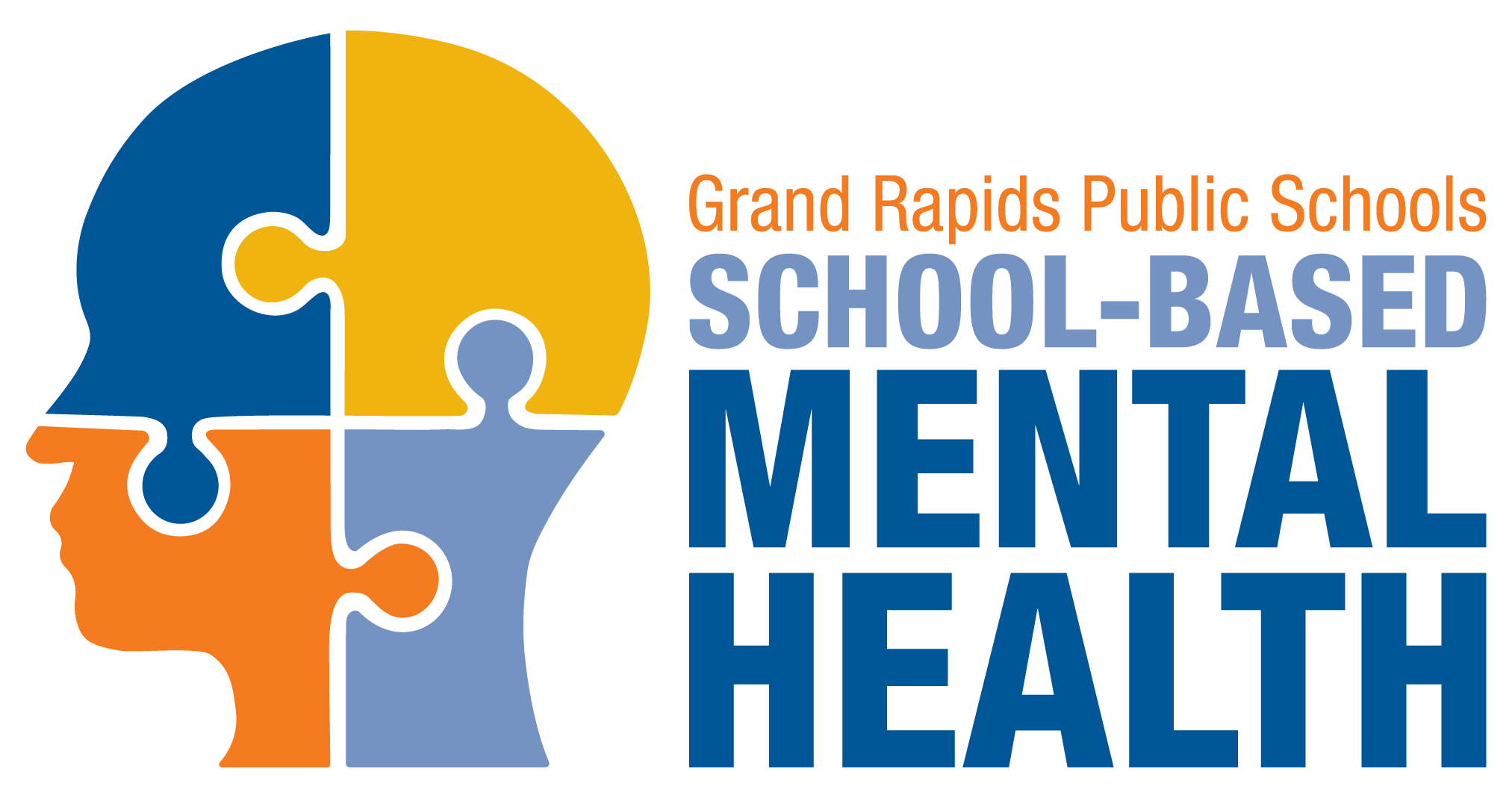School-Based Mental Health Services
School-Based Mental Health Services help scholars understand how to manage their thought processes, emotional responses, and stress reactions in a healthy, safe environment.
Frequently Asked Questions
How do I refer my child for services?
Referrals for SBMH services can happen in multiple ways. A parent/guardian can contact your school’s Mental Health Clinician directly, you can fill out a referral form usually located in the main office, you can contact the administrator at your school who will forward the referral on to the Clinician. We make every effort to return requests within 24 hours, Monday through Friday.
How do I know if my child's school participates in the school-based mental health program?
A Grand Rapids Public Schools Mental Health Clinician will reach out to you prior to beginning services to have you sign a consent for treatment, release of information and work with you to complete a behavioral health assessment for your child. We will also partner with you to help create goals for your child. Scholars who are 14 years of age or older may request and receive mental health services and a mental health professional may provide mental health services, on an outpatient basis. https://www.legislature.mi.gov/Laws/MCL?objectName=MCL-330-1707
How do I know if my child would benefit from school-based mental health services?
Children and teens are good candidates for our school-based mental health programming if they are experiencing any mental health symptoms that are disrupting their daily activities such as schoolwork, friendships, relationships at home, sleep, etc. Common concerns are around stress, anxiety, depression, sleep trouble, concentration issues, relationship stressors, trauma, social issues and many more. Our clinicians are highly trained in a variety of areas to ensure the best quality of care is given.
Families who may have difficulty getting to outside appointments are also good candidates for this program because it is delivered to students where they are learning.
Clinician availability fills quickly. Both clinician and school staff will work with families to make the best choice in treatment options.






